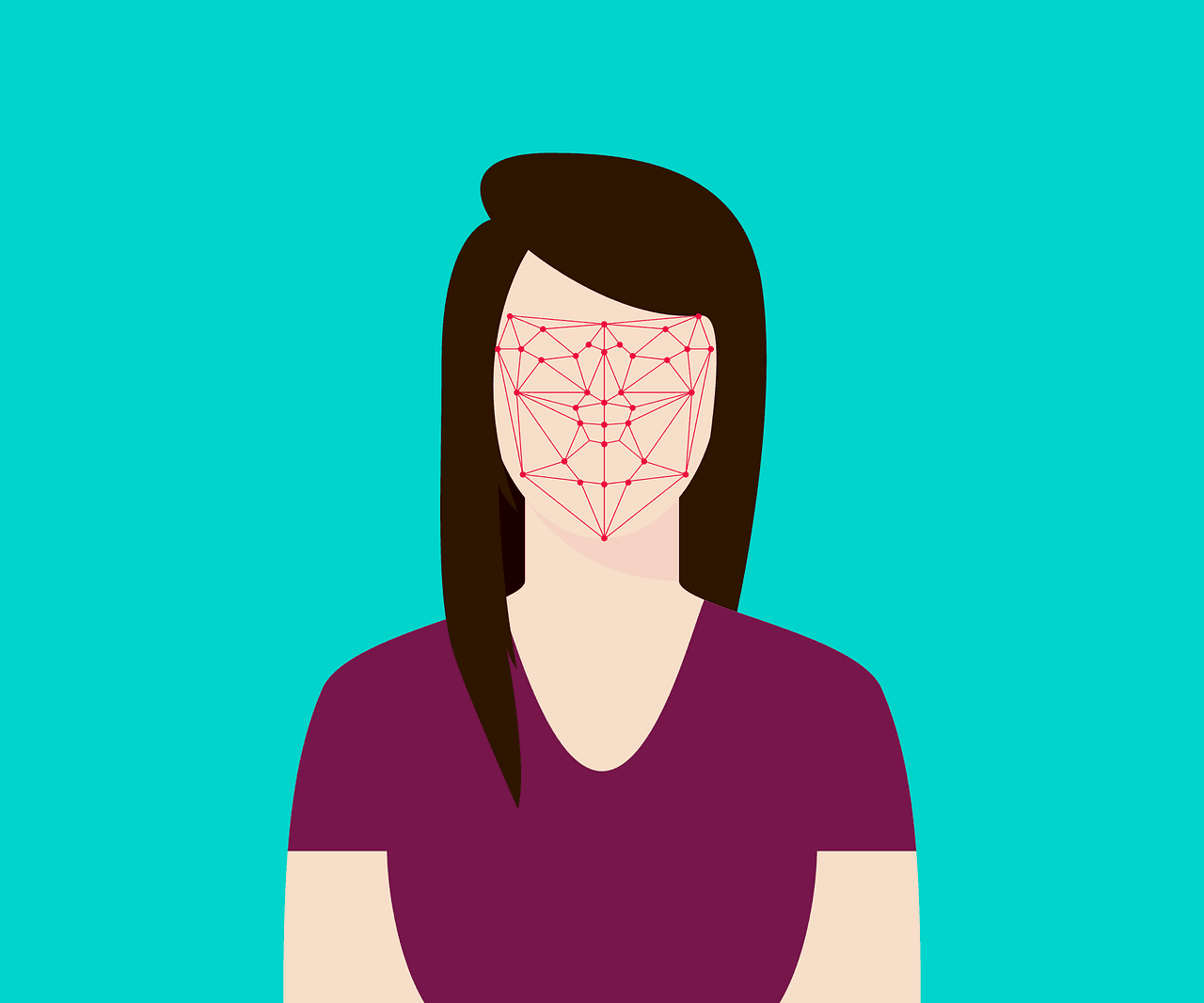Facial recognition is an innovative technology with applications in law enforcement, health, finance, gaming, and many other sectors of the economy. It uses biometric features on your face to verify your identity and law enforcement deploy it extensively to prevent crime.
But there is fear of abuse as private and state agencies can use the technology without your consent if they have your picture. So what is the future of facial recognition technology and how can you benefit from it? In this post, we look at the benefits and shortcomings of this new technology.
[REITs]Q1 hedge fund letters, conference, scoops etc
Advantages of Facial Recognition Technology
Face scanning technology offers immense possibilities for a lot of industries. If deployed ethically, face recognition systems can offer:
Improved Security
Facial recognition offers tremendous capabilities in security and law enforcement. This is because every human has unique facial features that do not change. If law enforcement agencies have a criminal’s picture in their databases, face scanning systems can match the image with the real person. This technology has played and continues to play a vital role in the fight against terrorism and crime prevention worldwide.
The technology provides a secure and simple access to online platforms. Gaming companies use face scanning to monitor under-aged online video game players. Not only does this help the companies reduce crime, but it also lowers cost of security, improves service delivery, and ultimately boosts revenue.
Contactless Verification
Unlike fingerprint technologies, face scanning systems do not require contact. This makes them relatively safe for most people since it does not expose them to the germs of others. As long as the system has your photo in its records, the cameras and software do the rest.
Precision
Facial recognition systems deliver more precise identity verification because they scan your face in 3D. The software and cameras check all your facial features before matching your face with an image. This reduces cases of mistaken identity and reduces time spent on verifying identities, especially in workplaces.
Disadvantages of Facial Recognition Technology
Despite its many benefits, face scanning systems have some shortcomings. These include:
Privacy Issues
One of the main issues people have with face scanning tech is the potential for abusing people’s privacy. In China and elsewhere, governments use facial recognition to track citizens’ movements under the guise of security and intelligence gathering. While the reasons may sometimes be valid, most people don’t support being monitored without their consent.
Not Foolproof
Face scanning systems deliver a high level of precision and control, but they are not perfect. Any change in facial hair, appearance, weight, or camera angles could skew its performance. If you use face recognition to unlock your phone, anybody with your photo can unlock the device without your consent.
High Cost of Deployment
Because face scanning systems are relatively new, it’s expensive to deploy them on a large scale. However, the cost of implementing the technology is expected to go down as the technology matures and the industry achieves an economy of scale.
Face recognition used to be something out of sci-fi movies, but it’s now a reality. While the technology may have issues, its potential benefits for industry and commerce far outweigh the drawbacks.





